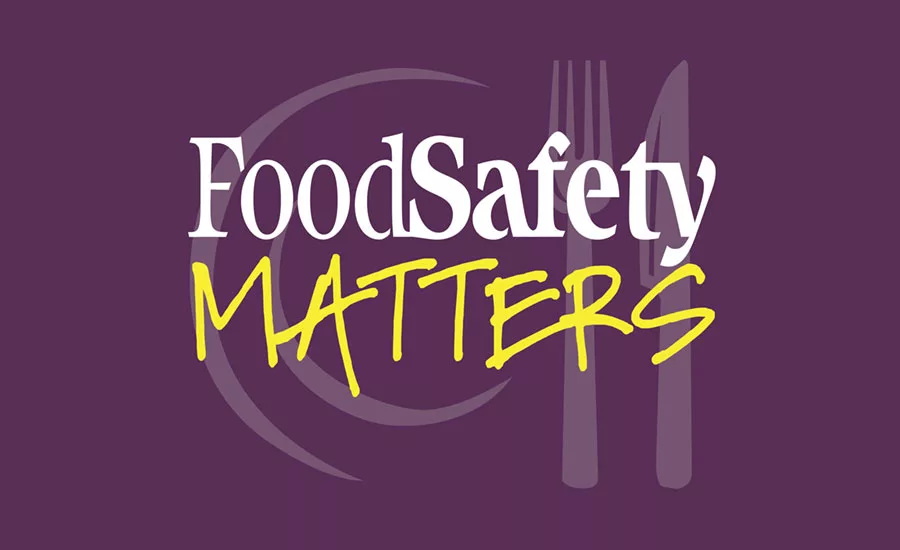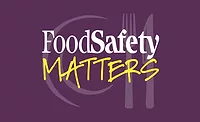Ep. 140. Dr. Martin Wiedmann: Pathogen Interventions to Advance Food Safety

Martin Wiedmann, Ph.D., D.V.M, is the Gellert Family Professor of Food Safety at Cornell University. He received a veterinary degree and a doctorate in veterinary medicine from the Ludwig-Maximilian University of Munich, and a Ph.D. in Food Science from Cornell University. His research interests focus on farm-to-table microbial food safety and quality and the application of molecular tools to study the transmission of foodborne pathogens and spoilage organisms, including translation of the associated research findings into reducing foodborne illnesses and food spoilage. His team is passionate about communicating research and research findings to a range of audiences from pre-K to industry leaders, and is regularly asked to help industry with a range of microbial food safety and quality challenges. Students and staff that were previously associated with his team have pursued successful careers in a range of environments, including industry, government, academia, and nonprofits. Dr. Wiedmann has received numerous awards for his work and is a Fellow of the American Association for the Advancement of Science (AAAS), a Fellow of the Institute of Food Technologists (IFT), a Fellow of the American Academy of Microbiology (AAM), and a member of the International Academy of Food Science and Technology.
In this episode of Food Safety Matters, we speak with Dr. Wiedmann [31:55] about:
- His work to expand knowledge about Listeria monocytogenes and Salmonella in several areas, and how whole genome sequencing (WGS) aids his research
- The importance of refining target serotypes in light of the U.S. Department of Agriculture’s Food Safety and Inspection Service’s (USDA’s FSIS’) proposed regulatory framework for reducing Salmonella illnesses from poultry
- Efforts of the New York State Integrated Food Safety Center of Excellence, where Dr. Wiedmann is the co-director, to strengthen foodborne illness surveillance through collaboration with local health departments
- Opportunities for collaborations between the U.S. Food and Drug Administration (FDA) and state agencies, such as expanding root-cause analysis to consider earlier stages in the food chain
- How the COVID-19 food safety response team that Dr. Wiedmann led through Cornell University assisted the food industry through education, and consequences of the pandemic that industry is now tackling
- The nuances of determining a pathogen to be an “adulterant,” such as Salmonella in poultry, which is being considered by FSIS
- How WGS aids more accurate pathogen identification, and WGS’ effect on the taxonomy of bacteria
- Why Dr. Wiedmann sees novel proteins, Bacillus cereus, biofilm, and refining food safety regulation as significant areas of concern for food safety.
News and Resources:
FDA Draft Guidance for Naming, Labeling of Plant-Based Milk Alternatives [15:31]
Researchers Aim to Make Cured Meat Safer with “No Nitrite-Added” Curing Process [21:03]
FDA, New York Sign Domestic Mutual Reliance Partnership Agreement [23:24]
Food Safety Matters Ep. 112. Rogers, Mettler, Waller: FDA and Utah on an Integrated Workforce through Mutual Reliance
FDA Foods Program Publishes List of Priority Guidances for 2023 [24:14]
IAFP Executive Director David Tharp to Retire [26:43]
IFPA Chief Food Safety Officer Dr. Jennifer McEntire Steps Down [27:47]
Food Safety Matters Ep. 111. Jennifer McEntire: IFPA—The New Voice of Produce
Theme of World Food Safety Day 2023: “Food Standards Save Lives” [28:42]
FAO, WHO Report on Food Safety of Water Reuse in Dairy Industry
Publisher’s Platform: Twenty-eight minutes with FDA Commissioner Califf
Food Safety Summit 2023
Register for the 2023 Food Safety Summit with discount code FSM23Podcast for 10% off!
We Want to Hear from You!
Please send us your questions and suggestions to podcast@food-safety.com
Looking for quick answers on food safety topics?
Try Ask FSM, our new smart AI search tool.
Ask FSM →







